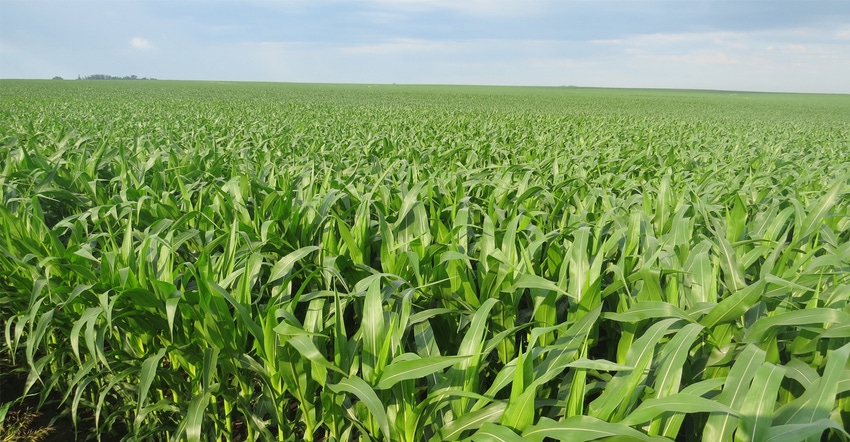August 20, 2021

Demand for organic grain continues to increase, with prices for organic soybeans reaching $30 per bushel. While requiring a different approach to management than conventional production, growing organic grain offers a profitable opportunity for Wisconsin’s farmers at both smaller and larger scales.
Research relating to organic grain production will be a key focus of this year’s UW Organic Agriculture Field Day, set for 10 a.m. to 3 p.m. on Aug. 24 at the University of Wisconsin-Madison Arlington Agricultural Research Station.
Research at the station shows that integrating cover crops into corn and soybean phases of a rotation can help farmers build soil organic matter, while reducing the need for tillage and cultivation in organic systems. With the increasing recognition of the value of soil health, these practices offer alternatives for farmers looking to reduce the need for soil disturbance on their organic operations.
“We continue to learn more about how to optimize the use of cover crops to reduce tillage in organic grains, including through roller-crimping and interseeding,” says event organizer Erin Silva, associate professor and Extension specialist in the UW-Madison Department of Plant Pathology. “We’ve been focusing on accessible approaches for farmers to apply these practices to their fields through optimizing their equipment and increasing the consistency of their success.”
The event will also feature research presentations focused on breeding crops specifically for organic operations, including cover crop-based systems.
“Breeding for the unique needs of the organic farmer and the unique environment created through organic management is critical,” Silva says. “While there are many tools available for organic farmers to manage weeds, insects and diseases, crop varieties adapted for organic farms — including for intensive cover crop systems and organic no-till management — are vital to ensure the success of the systems-based approaches needed for successful organic management.”
Researchers will also give updates on long-term organic management trials, organic no-till corn and soybeans using a variety of cover crop and planting options, organic corn and cereal grain breeding efforts, and Kernza (perennial wheat).
All research projects featured during the field day are being conducted at the Arlington research station, which has more than 70 acres of certified organic land. Many of the projects are also being replicated on working organic farms with input from organic producers. Data from those farms will also be discussed.
“The organic market continues to grow, with demand outpacing domestic supply, so the need remains for more organic farmers and more organic acres,” says Silva, who notes growth in organic sales accelerated throughout the coronavirus pandemic, reaching over $55 billion in the U.S. in 2020. “Wisconsin, with the second-highest number of organic farms in the nation, as well as a wealth of organic knowledge, expertise and infrastructure, is well-positioned to continue to help meet this expanding market opportunity.”
Still time to sign up
The registration table at the UW Organic Agriculture Field Day will open at 9:45 a.m. on Aug. 24. A lunch will be available around noon. RSVPs are requested to be sent to Silva at [email protected].
The address for Arlington Agricultural Research Station is N695 Hopkins Road, Arlington, WI. The station is located just off Highway 51, about 5 miles south of Arlington and 15 miles north of Madison. More information about the station is available at arlington.ars.wisc.edu.
Source: UW-Madison College of Agricultural and Life Sciences, which is solely responsible for the information provided and is wholly owned by the source. Informa Business Media and all its subsidiaries are not responsible for any of the content contained in this information asset.
You May Also Like




